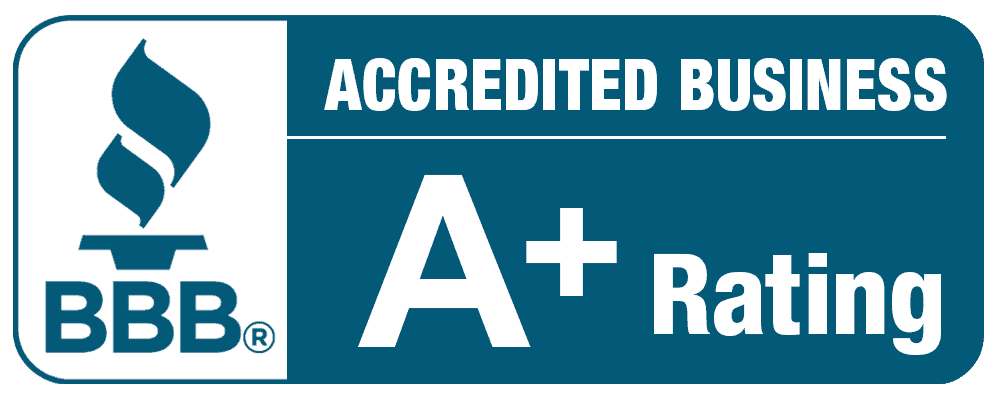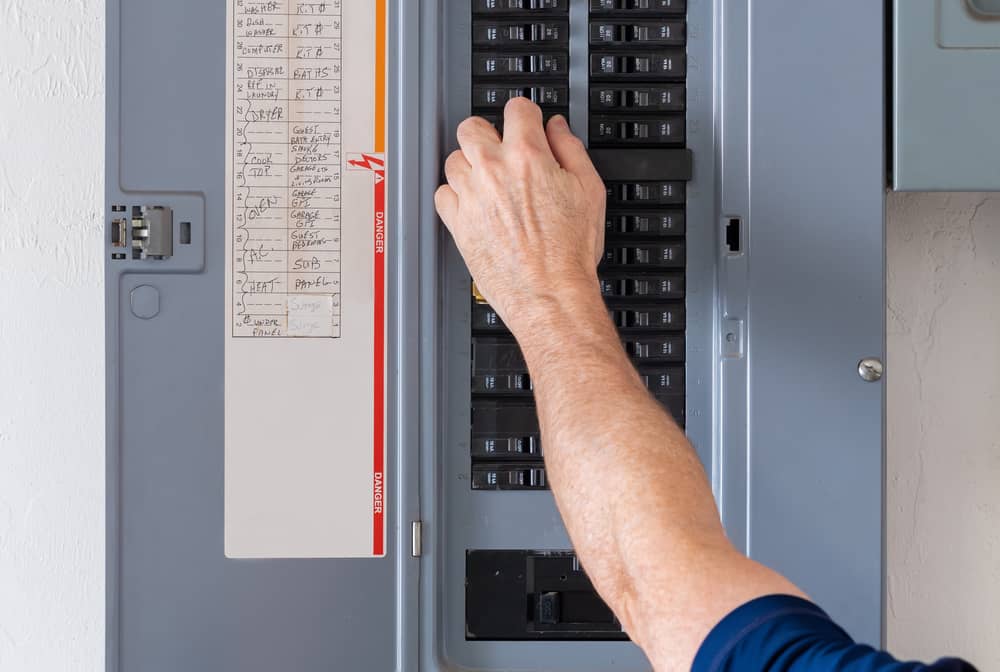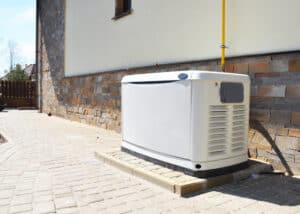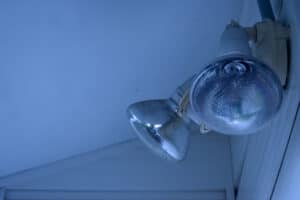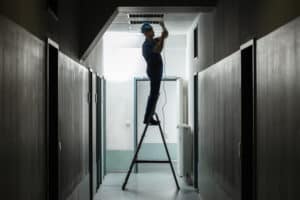The Basics of Electrical Safety: What Homeowners Need to Know
Electrical safety is an important consideration for all homeowners. Electrical systems are complex and can be dangerous if not properly maintained. Understanding the basics of electrical safety can help homeowners protect themselves and their families from potential hazards.
First and foremost, it is important to understand the importance of using properly rated electrical components. Electrical components such as outlets, switches, and circuit breakers are designed to handle specific amounts of electricity. Using components that are not rated for the amount of electricity being used can lead to overheating, sparking, and even fire.
It is also important to be aware of the potential hazards of electrical shock. Electrical shock can occur when a person comes into contact with an energized electrical component. To reduce the risk of electrical shock, it is important to make sure that all electrical components are properly grounded and that all exposed wires are covered.
In addition, it is important to be aware of the potential hazards of electrical fires. Electrical fires can occur when an electrical component overheats or sparks. To reduce the risk of electrical fires, it is important to make sure that all electrical components are properly rated and that all exposed wires are covered.
Finally, it is important to be aware of the potential hazards of electrical overloads. Electrical overloads can occur when too much electricity is being used at one time. To reduce the risk of electrical overloads, it is important to make sure that all electrical components are properly rated and that all exposed wires are covered.
By understanding the basics of electrical safety, homeowners can help protect themselves and their families from potential hazards. Taking the time to inspect and maintain electrical components can help ensure that electrical systems are safe and reliable.
How to Identify and Address Electrical Hazards in the Home
Electrical hazards in the home can be dangerous and potentially life-threatening. It is important to identify and address these hazards in order to ensure the safety of your family and your home. Here are some tips to help you identify and address electrical hazards in the home.
First, inspect your home’s electrical system. Look for any signs of damage or wear and tear, such as frayed or exposed wires, loose connections, or overloaded circuits. If you find any of these issues, contact a qualified electrician to repair them.
Second, check your home’s outlets and switches. Make sure they are properly grounded and that the wiring is in good condition. If you find any issues, contact an electrician to repair them.
Third, inspect your home’s electrical appliances. Make sure they are in good working order and that they are not overloaded. If you find any issues, contact an electrician to repair them.
Fourth, check your home’s extension cords. Make sure they are in good condition and that they are not overloaded. If you find any issues, contact an electrician to repair them.
Finally, make sure your home’s electrical system is up to code. Contact your local building department to find out what the current codes are and make sure your home meets them.
By following these tips, you can help ensure the safety of your family and your home by identifying and addressing electrical hazards.
Tips for Preventing Electrical Fires in the Home
1. Check for Damaged Cords: Inspect all electrical cords in your home for signs of damage, such as fraying, cracking, or discoloration. If you find any damaged cords, replace them immediately.
2. Avoid Overloading Outlets: Overloading outlets can cause them to overheat and spark, leading to a potential fire. Avoid plugging too many appliances into one outlet, and use power strips with built-in circuit breakers to prevent overloading.
3. Use the Right Bulbs: Make sure to use the correct wattage of light bulbs in your fixtures. Using bulbs with too high of a wattage can cause the fixture to overheat and spark.
4. Unplug Unused Appliances: Unplugging appliances when not in use can help prevent overheating and sparking.
5. Have Your Wiring Inspected: Have your home’s wiring inspected by a professional electrician to ensure it is up to code and free of any potential hazards.
6. Install Smoke and Carbon Monoxide Detectors: Installing smoke and carbon monoxide detectors in your home can help alert you to any potential electrical fires.
7. Keep Flammable Materials Away from Electrical Sources: Make sure to keep any flammable materials, such as paper, fabric, and cleaning supplies, away from electrical sources.
8. Have Your Home Inspected Regularly: Have your home inspected by a professional electrician on a regular basis to ensure all electrical components are in good working order.
